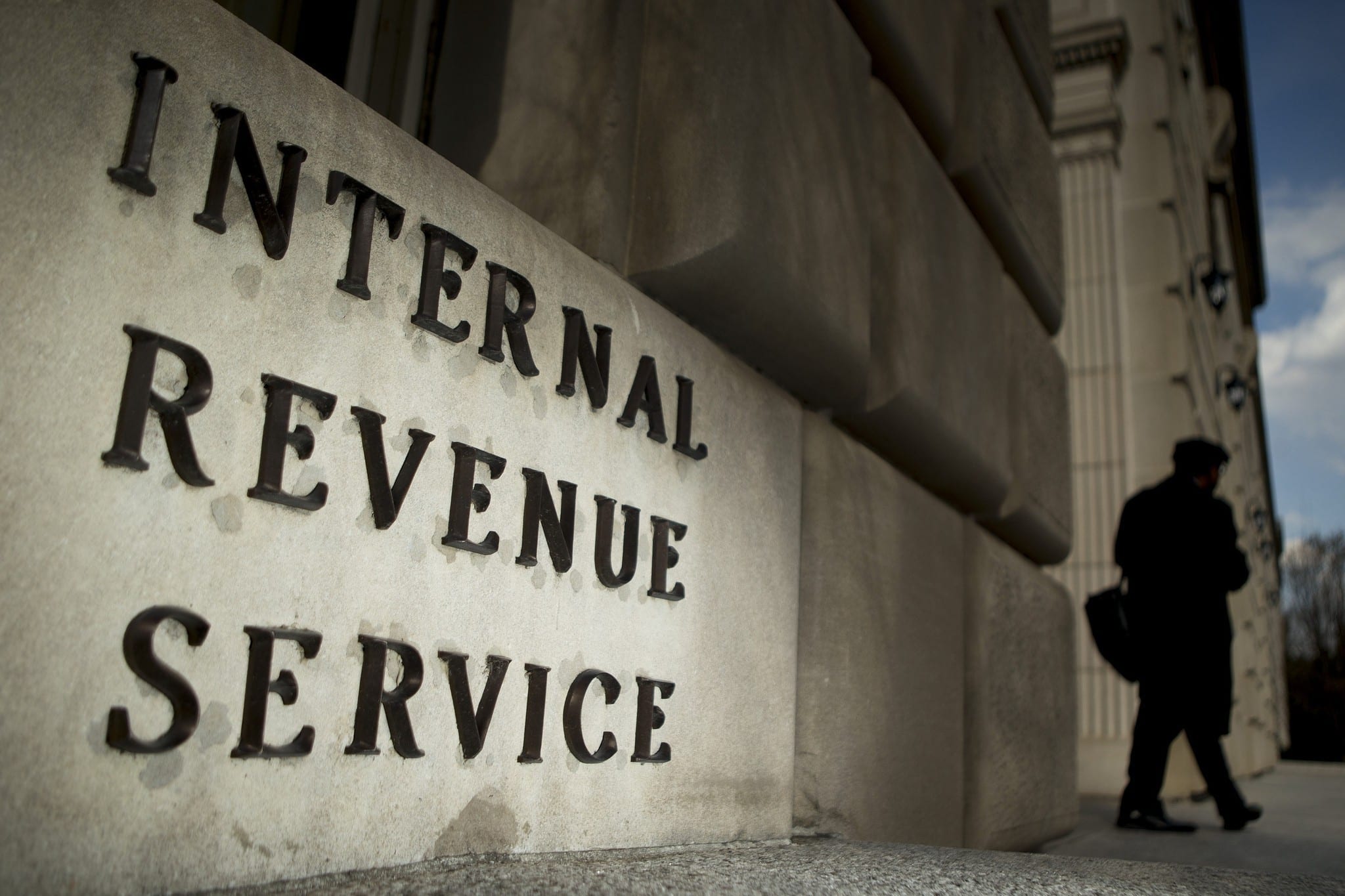Thousands of US expats with large tax debts may be stranded overseas when they lose their passports from this month, warns the Internal Revenue Service.
A year ago, the IRS told thousands of Americans that they risked having their passports revoked if they failed to settle their tax bills.
The policy impacts anyone owing $51,000 or more in unpaid tax, which is considered a ‘significant debt’ by the IRS.
Although thousands have paid their debts, around 360,000 American expats and frequent travellers are likely to lose their travel documents, says the IRS.
Expats may not realise until they have lost their papers until they try to renew visas in a foreign country or attempt to travel on a cancelled passport.
Time limit on settling tax bills
“Taxpayers who are seriously behind on their taxes to pay what they owe or enter into a payment agreement with the IRS to avoid putting their passports in jeopardy,” said an IRS spokesman.
“If your passport is cancelled or revoked, after you’re certified, you must resolve the tax debt by paying the debt in full, making alternative payment arrangements or showing that the certification is erroneous.
“Generally, the IRS will not recommend revoking a taxpayer’s passport if the taxpayer is making a good-faith attempt to resolve their tax debts.”
Letters and emails from the IRS and US State Department are on their way to expats giving them 90 days to settle the tax debt or set up a repayment plan. If no response is received, the IRS will ask the State Department to cancel the taxpayer’s passport.
Compliance underway
These expats had notification that they faced losing their passports last year.
The rules the IRS and State Department must follow to revoke a passport are strict as the tax debt must qualify as a legally enforceable federal tax debt.
To fall into this category, IRS must have issued a Notice of Federal Tax Lien or a Notice of Intent to Levy. Tax debtors can appeal the notice or negotiate a repayment plan.
The measure is part of a tax crackdown under the Fixing America’s Surface Transportation (FAST) Act, which became law in December 2015 even though compliance action did not start until October 2018.
